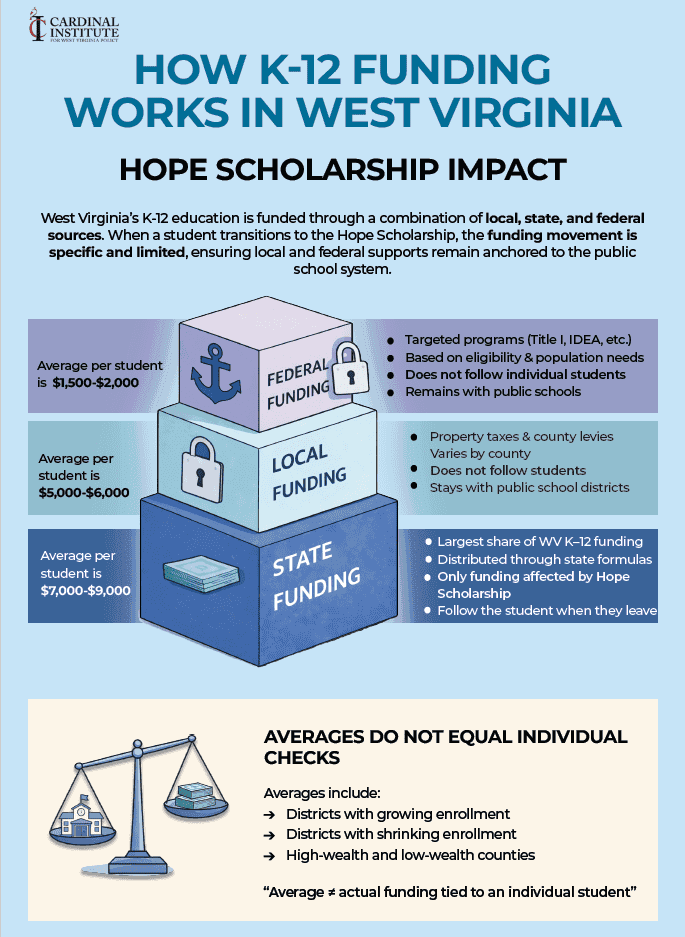
Charter Schools: A New Day is Dawning in West Virginia
Cardinal Team
On Wednesday, November 10, 2021, West Virginia officially approved the first three charter schools in its history. Schools will open in the Nitro, Morgantown, and Eastern Panhandle areas of West Virginia. While it is much too early to know whether these schools will be successful – that’s up to families in those respective areas – they are already important symbols of a new education paradigm in West Virginia – one focused on serving the needs of children.
Along with West Virginia’s game-changing Hope Scholarship education savings account program, the introduction of charter schools is a major step towards changing the collective mindset from an adult-centric education model to a student-centric education model. In the absence of choice, and over the course of time, the natural flow of the education system has been towards serving adults and not children – it should be obvious as to why, because it is adults, often politically-influential organized groups of adults, negotiating what the system should look like. Humans, the self-interested creatures they are, face incentives to build a system in which children’s interests are subordinated, and the education bureaucracy – unions, staff, administrators, boards, teachers’ colleges, etc. – begins to orient a system around its own wants and needs.
This is a natural process, but it is by no means permanent. That’s where innovations like charter schools and education savings accounts serve their purpose by providing an external shock that reorients the system around where it always should have been: children’s needs. While difficult to imagine given where the state’s education system was a few short years ago, West Virginia is at the forefront of education choice policy right now. While three charter schools represent one small step in reform, they are a giant leap forward in hope.
Garrett Ballengee is the executive director for the Cardinal Institute for West Virginia Policy.







